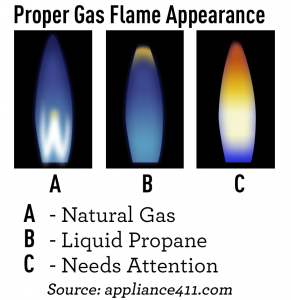
About Natural Gas
nat·u·ral gas [ˌnaCH(ə)rəl ˈɡas]
NOUN
natural gases (plural noun) · natural gasses (plural noun)
1. flammable gas, consisting largely of methane and other hydrocarbons, occurring naturally underground (often in association with petroleum) and used as fuel.
Natural gas is a naturally occurring hydrocarbon gas mixture consisting primarily of methane, but commonly including varying amounts of other higher alkanes, and sometimes a small percentage of carbon dioxide, nitrogen, hydrogen sulfide, or Helium.
Natural-gas processing
Natural gas processing is a complex industrial process designed to clean raw natural gas by separating impurities and various non-methane hydrocarbons and fluids to produce what is known as pipeline quality dry natural gas.
Basics of Natural Gas
Natural gas is a colorless and odorless type of fossil fuel. Natural gas is one of the safest and most environmentally friendly energy sources, yet it produces extraordinary amounts of energy. In comparison to other forms of energy, it produces very low levels of harmful byproducts. The lack of dangerous byproducts that natural gas emits means that it is safer for both people and the environment.

The word “gas” can be confusing to people. Natural gas is very different than both gasoline and propane. While all three are fossil fuels, there are components of each that make them distinctive. Gasoline provides energy in an entirely different manner than natural gas; therefore, it is used to power a different variety of things. Natural gas is safer than propane. Natural gas has the ability to disperse into the air as opposed to propane, which is heavier making it more difficult to clear from an environment causing an unsafe situation.
The composition of natural gas can be different. Usually, it is made-up of methane and possibly butane, ethane, pentane and propane. Because of a filtering process the natural gas that enters homes is nearly pure methane.
Production companies search for oil deposits which usually indicates that natural gas is present. Wells are then drilled in order to reach the natural gas. Natural gas is then sent through a cleaning process to remove all of the impurities. Once the natural gas has been refined into its purest form it is sent through pipes to be provided to homes, businesses and schools. A natural gas utility regulates the distribution. They are also the ones that add the odor to natural gas to aid in the detection of natural gas leaks.
